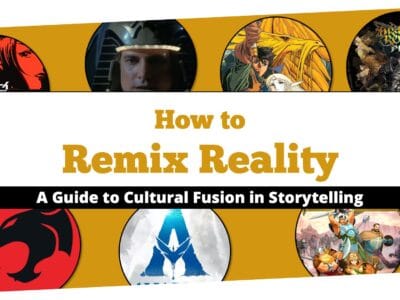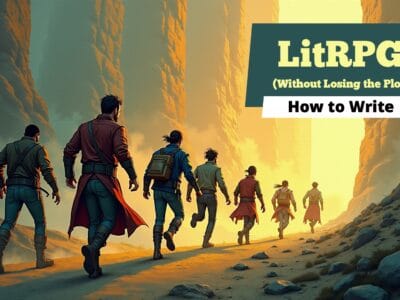
4theWriters: How to Remix Reality (aka A Guide to Cultural Fusion in Storytelling)
Ever wondered what Avatar: The Last Airbender has in common with 90s D&D arcade games? It’s how they raid the global spice rack to create fantasies we never knew we wanted. In my latest 4theWriters piece, I spelunk into the art of cultural fusion and give you my “Cultural Catalyst Framework”—a three-step guide for writers and GMs to build unique worlds for their novels or TTRPG campaigns. I even show how I used this exact system in my own books to justify werewolves that know kung fu. It’s a toolkit for remixing reality. Read More …


